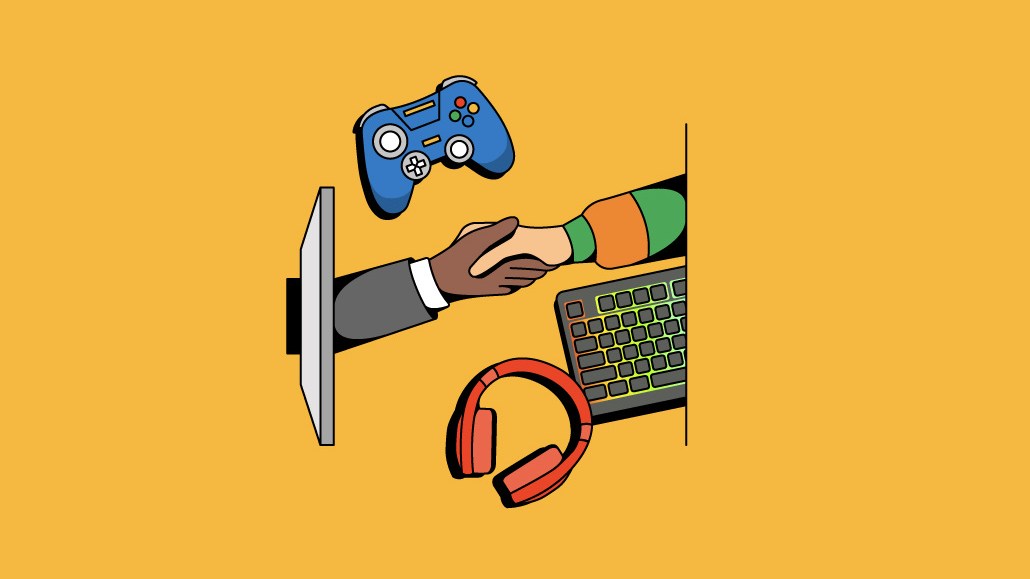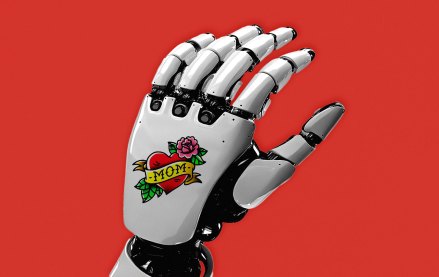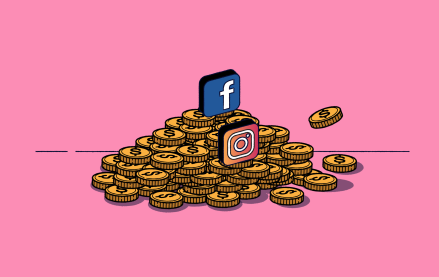Connect with execs from The New York Times, TIME, Dotdash Meredith and many more
Why esports companies hope generational fandom brings sustainability to the industry

It’s yet to be determined whether generational fandom will take hold in esports like it has in traditional sports — but if the industry wants to be sustainable in the long run, it might have to happen sooner than later.
In bat-and-ball sports, fandom is inherently a generational phenomenon: kids are introduced to their favorite leagues and teams, who eventually hand that fandom down to their own children, and so on and so forth. Esports has only existed in its modern form since 2000, so the jury is still out on whether a similar type of generational passing down will take shape within the esports community.
Anecdotally, though, it’s already starting to happen for some of the largest and longest-running esports organizations, such as Team Liquid. After noticing that parents were bringing their children to Team Liquid matches, the organization increased its outreach to younger fans through merchandise such as a plushie doll modeled after the horse in Team Liquid’s logo.
“When you’re trying to build a legacy brand, the marketing department has to be thinking about it at that multi-generational level,” said Team Liquid svp of brand, marketing and content Josie Brown. “The data segmentation that we’ve been doing recently does suggest that there is a significant group of fans who are at that age of starting a family. When you’re at the stadiums, the number of children who are there — I mean, Elon Musk brought his kids and Ben Affleck brought his kids [to Valorant Champions 2023], right?”
Two of the more popular esports in which Team Liquid competes, “Valorant” and “League of Legends,” sit within the Riot Games ecosystem. Among the esports leaders at Riot, building multi-generational fandom is similarly a top priority — reflecting the company’s willingness to play the long game as it develops its competitive gaming products.
“We’re in the business of esports for many generations, and we really mean that. Our intent is to take esports and magnify and amplify the game, and provide this really rich experience where we can take our players and graduate them into fans,” said Riot Games president of esports John Needham. “There’s power in fandom, because then you become an important part of a person’s life and their identity. And so this is the big game that we’re playing.”
As esports executives pick up on the importance of generational fandom, some believe it validates the competition-focused approach of teams like Liquid and Fnatic. Over the past year, some orgs, such as Misfits, have explicitly pivoted away from esports, selling their competitive teams in favor of rosters of influencers and creators. But without the tension of competition to keep fans interested, this approach risks losing out on generational fandom in favor of short-term profits.
“At some point, if those individuals were to leave, is there a love that remains for the organizational brand? I don’t think so,” said Team Liquid co-CEO Victor Goossens. “As a business model, that’s fine, if you want to pursue it for business reasons. But if we’re talking generational fandom, I don’t really see how they are creating that.”
As esports organizations continue to rely on advertising dollars to stay afloat, incorporating elements of generational fandom plays well to prospective brand partners, too. Last year, the multi-generational nature of Enthusiast Gaming’s Family Game Night collaboration with the NFL helped convince Nickelodeon to sign on as a sponsor. “They’re absolutely looking to connect to that family-friendly audience,” said Enthusiast evp of strategic partnerships Matt Goodman.
Generational fandom is also beneficial to the esports industry because it can convince brands to invest in the space in a more meaningful, long-term way. A significant factor behind Mastercard’s sponsorship of Riot’s esports ecosystem is the payment technology brand’s belief in esports as the future of competition, a belief backed up by Riot’s long-game strategy.
“When we think about these multi-generational games, we don’t think about end dates for these games. We’re just constantly chasing, how do we keep the game relevant and vibrant in the marketplace?” Needham said. “We are confident that we will successfully continue to reach new audience with ‘League of Legends’ and ‘Valorant’ because, fundamentally, they’re super fun games.”
In esports, unlike traditional sports, the flow of generational fandom can go both ways. Organizations like Team Liquid have finally been around for long enough that fans are starting to introduce them to their kids — but as esports gains cultural legitimacy, children are infecting their parents with fandom, too. Esports executives are encouraged by this bidirectional flow.
“I have an 18-year-old and a 16-year-old, and they’re very much into gaming and esports. The generational loyalty is sort of flowing in the reverse direction, for this first generation,” Goodman said. “As my kids become parents, then there might be that second wave, where they are now influencing their kids.”
More in Marketing

Generative AI sparks brand safety concerns marketers know all too well
Despite concerns around brand misuse and IP, most marketers are sticking to traditional strategies.

‘Production is a big topic right now’: With AI moving beyond media, Publicis turns toward creative
The holdco is positioning AI as core infrastructure for ad production not just media buys.

Instagram offers a new guide to advertisers to convince them to try out its creator marketplace
The 26-page document aims to make the whole process quick and painless.








